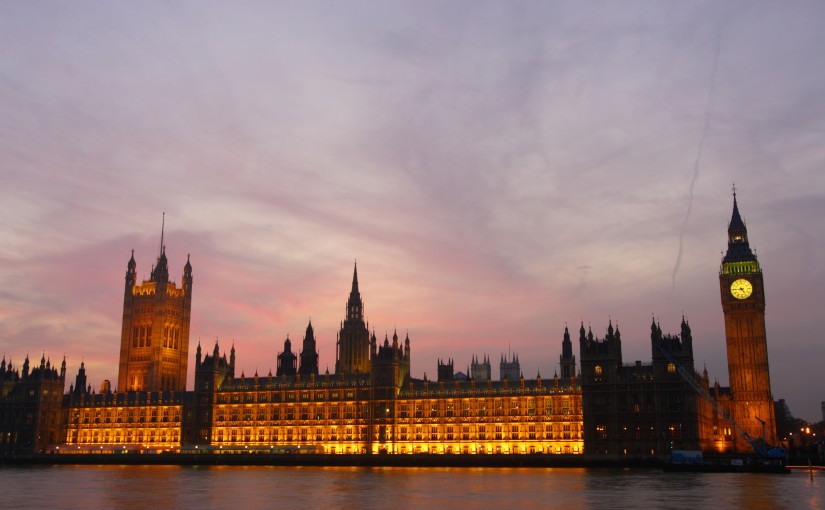-
Playing the expectation game
May 5th sees elections across the country. And of course there will be election results. But for those working in political communication, a result is not simply a number. It is a chance to get messages across, of success, of progress, of popularity. It’s also, for some, a chance to communicate about the strengths or…
-
Everything you need to know about the mayoral election
On May 5 when the UK next heads to the polls for local and regional elections, voters in London, Salford, Liverpool and Bristol will have an extra choice to make – who they want to become their next directly elected mayor. Directly elected mayors have a great deal of power – unlike their purely ceremonial…
-
Who is leading the EU campaign battle so far?
Mid April saw the official start of the campaign to either persuade us to Remain or to Leave when we vote in the European Referendum in June. The Electoral Commission has designated two organisations as official campaigners. On the In side is Britain Stronger in Europe. On the Out side is Vote Leave. In the…
-
The Budget and the Northern Powerhouse: Why what happens next is important
Professor John Diamond (Director of the University’s Institute for Public Policy) reflects on what the story behind the budget means for devolution: One of the big claims by the Conservative Government has been their willingness to devolve services and decision making to local decision makers. The full story of the underlying motivations over the Northern…
-
EU Referendum Campaign – Should we stay or should we go?

If there’s one book you’ll find on most politicians’ bookshelves it’s Drew Westen’s The Political Brain. This 2007 work said that facts and logical arguments are not enough in political communication. Even those who are hyper-logical make emotion-based decisions. And if politicians or campaigns speak to feelings, they are more likely to succeed. Think back…
-
Emy Onuora discusses Racism and Football with Peter Hooton
Professor John Diamond (Director of the University’s I4P) describes how powerful conversations can be for exploring serious social and political questions: As part of the University’s Festival of Ideas Emy Onuora talked about his new book and explored the ideas in the book through a dialogue with Peter Hooton. The Q and A facilitated by…
-
The debate on poverty and inequality should include actions too
Professor John Diamond (Director of the University’s I4P) looks ahead to the 3rd Annual I4P Lecture on 9 February: This year’s lecture is being given by Professor Kate Pickett (York University and co-author of The Spirit Level). The Spirit Level addresses in a powerful and straightforward way, the causes of poverty and also inequality, not…
-
The regeneration of housing estates illustrates the change in the Government’s narrative
Professor John Diamond (Director of the University’s I4P) argues that the announcement of funding to undertake an initial identification of housing estates which need ‘regeneration’ should not be dismissed: I am not suggesting that there has been a change in priorities where the allocation of resources is concerned. The amounts outlined over the weekend do…
-
Making Devolution work – cities and regions in England are next

One of the surprising developments (for some) regarding the changes facing those who want to devolve and democratise services has been the Government’s push to create city regions in England as a way of demonstrating their commitment to further decentralisation. These proposals have had a mixed reaction from some: there is serious doubt as to…
-
What do we learn from the Comprehensive Spending Review?

There are three lessons from the Comprehensive Spending Review. First, don’t believe the spin before the statement; Two, don’t believe the spin after the statement; And three, look at the trends in spending and their impact. Whilst the headlines are saying it wasn’t all bad and the cuts weren’t in the order of 30 per…
